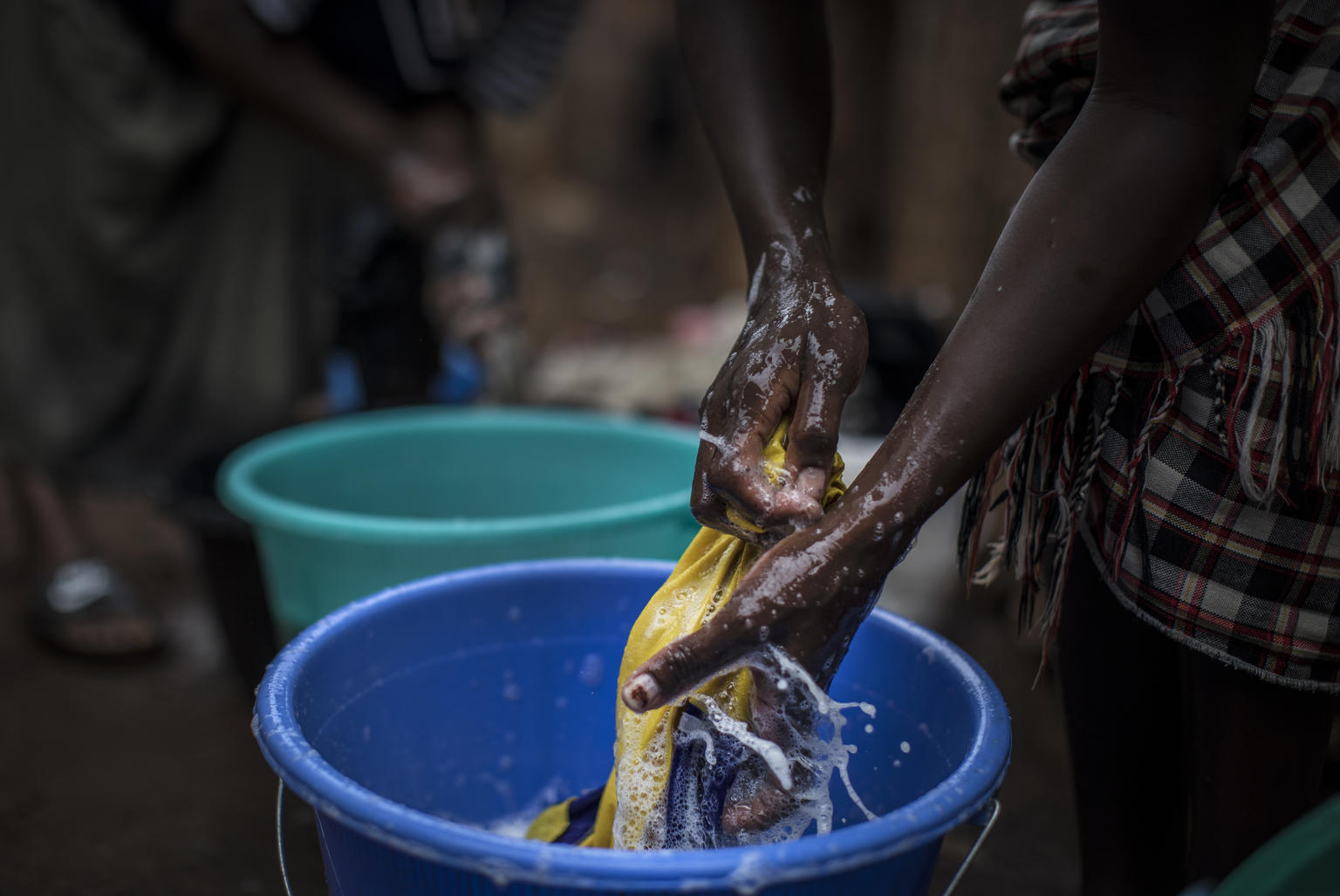Water Facts
Water and sanitation flow through every aspect of sustainable development. Access to these essential services are human rights. A well managed water cycle is critical to human society and the integrity of the natural environment. These pages outline some of the key water related issues.
Summary
Access to water and sanitation is a human right. A well managed water cycle underpins progress across the 2030 Agenda for Sustainable Development, particularly in relation to hunger, gender equity, health, education, livelihoods, sustainability and ecosystems.
Water is also at the heart of adaptation to climate change, serving as the crucial link between the climate system, human society and the environment. Without proper water governance, there is likely to be increased competition for water between sectors and an escalation of water crises of various kinds, triggering emergencies in a range of water-dependent sectors.
The physical world of water is closely bound up with the socio-political world, with water often a key factor in managing risks such as famine, epidemics, inequalities and political instability.















